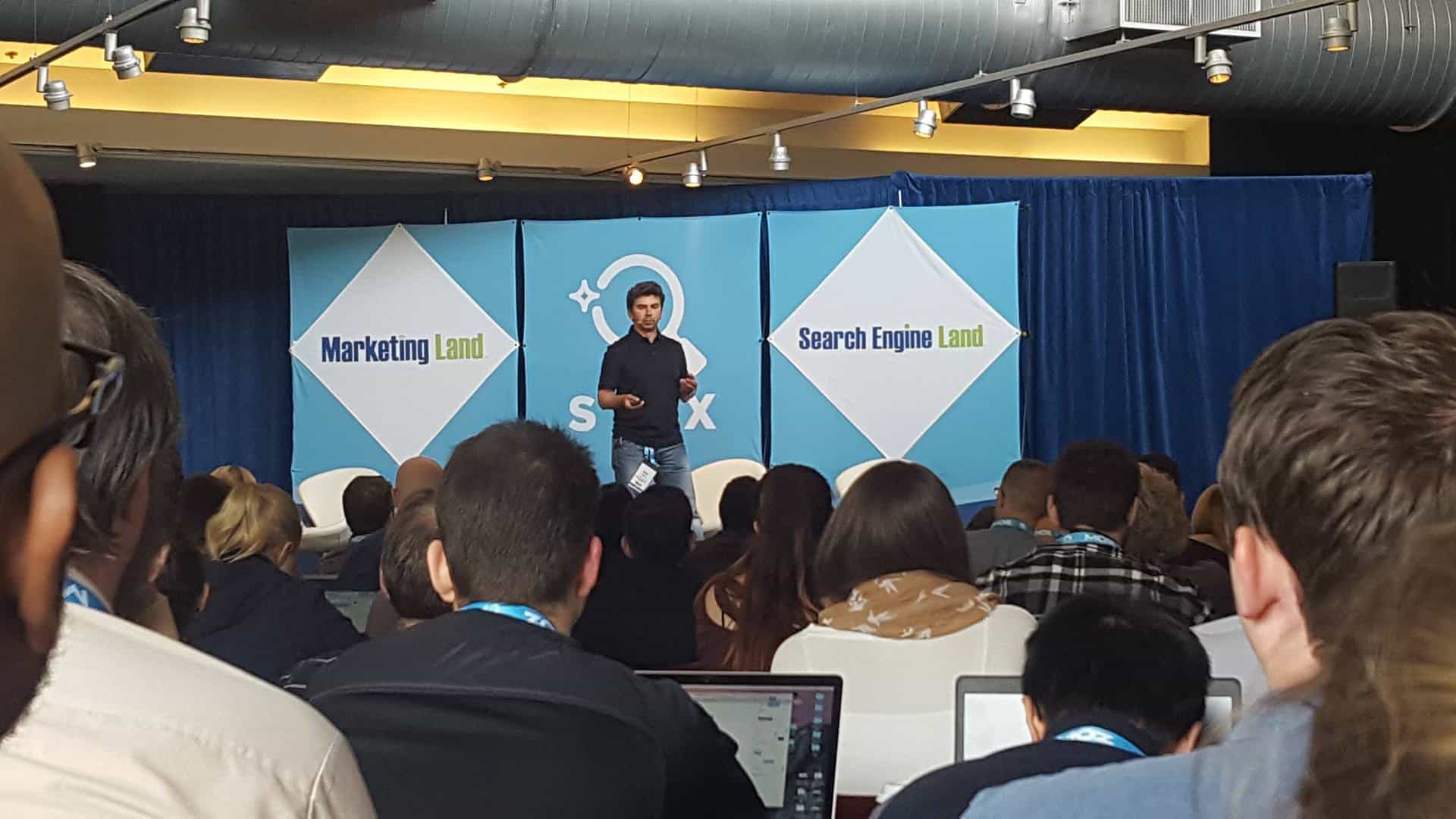
Gary Illyes Answers Mobile-First Index Questions at SMX Advanced


Gary Illyes, head of Google Search, answered questions at SMX Advanced regarding the mobile-first index announcement that Google made in 2016.
Audience members were able to tweet in their questions hoping to clarify some of the intricate details of how Google will switch from a desktop index to a mobile-only index. Here are some of the interesting nuggets that were shared during this session that was moderated by Barry Schwartz:
Questions and Answers
Q: When is the mobile-first index going to be implemented?
A: Gary explained that Google engineers were hoping to start implementing a version of the index by the end of 2017; however, he said that sometime in 2018 is more realistic. He also said that people have “several” quarters to make changes and to “not freak out.”
Q: Does responsive design really mean you don’t have to do anything to your site to prepare for the mobile-first index?
A: Yes. Gary explained that if you have a responsive website, you really don’t need to change anything to prepare for the mobile first-index. If you do have a separate mobile website, then there are definitely things that need to be done to prepare since you have different content living on different websites.
Q: Will desktop versions of websites still be indexed?
A: This answer was very confusing as I think the language barrier served to be very challenging for Gary to try and explain this. Gary tried to explain that if you don’t have a mobile version of a website at all, that your desktop content would still be indexed and served up. However, if you have a mobile version of your website, that content will be indexed and served up, whereas your desktop version of content will “not be found on Google search” at all. He explained that because of how long it takes people to change and do things, he suspects that it will take 4-5 years to completely run a mobile-only index.
Q: Will page speed affect whether or not you are shown in a mobile-only index?
A: In classic Gary Illyes fashion, not much was clarified here, but he did infer that Google’s page speed testing was very accurate as far as how a user experiences a site. This explanation tends to assume that page speed would be a ranking factor signal.
Q: Will PageRank be used for a mobile index?
A: This is problematic as mobile sites notoriously have a lot fewer links than desktop versions of sites. Since PageRank is a great signal for desktop, it’s not necessarily a great signal for mobile, so Google is trying to decide how to convert, change, or even scrap certain signals that they have used over the last 18 years on their desktop index for the new mobile index.
Q: Why doesn’t Google just use two indexes?
A: Gary explained that this is still a constant conversation happening internally at Google, but due to resources and the problems that they foresee in the future to do this, the current way of thinking is that one index is the best way to go, which will be the new mobile-first index.
What Still Isn’t Clear
While Gary did his best to explain how Google would serve up a desktop page in a mobile-only index world, it got incredibly confusing as he talked about Google looking at a desktop version of a page and then serving up a mobile result of the content, but then not having that content actually exist for the user to read.
While I’m sure we’ll get more clarification in the future, what is clear is that Google is heading towards a mobile-only index, and if you don’t have a responsive website, you have work to do in order to not see your results tank as this implementation rolls out. Ultimately, whatever content you want to rank for has to exist on the mobile version of your website, or it won’t be ranked in the index.
- The Google Quick Answer Box: What, Why and How? - December 20, 2023
- Top 10 Link-Building Strategies for Content Marketers - July 12, 2023
- 8 Types of Ecommerce Content You Should Start Using - May 15, 2023

